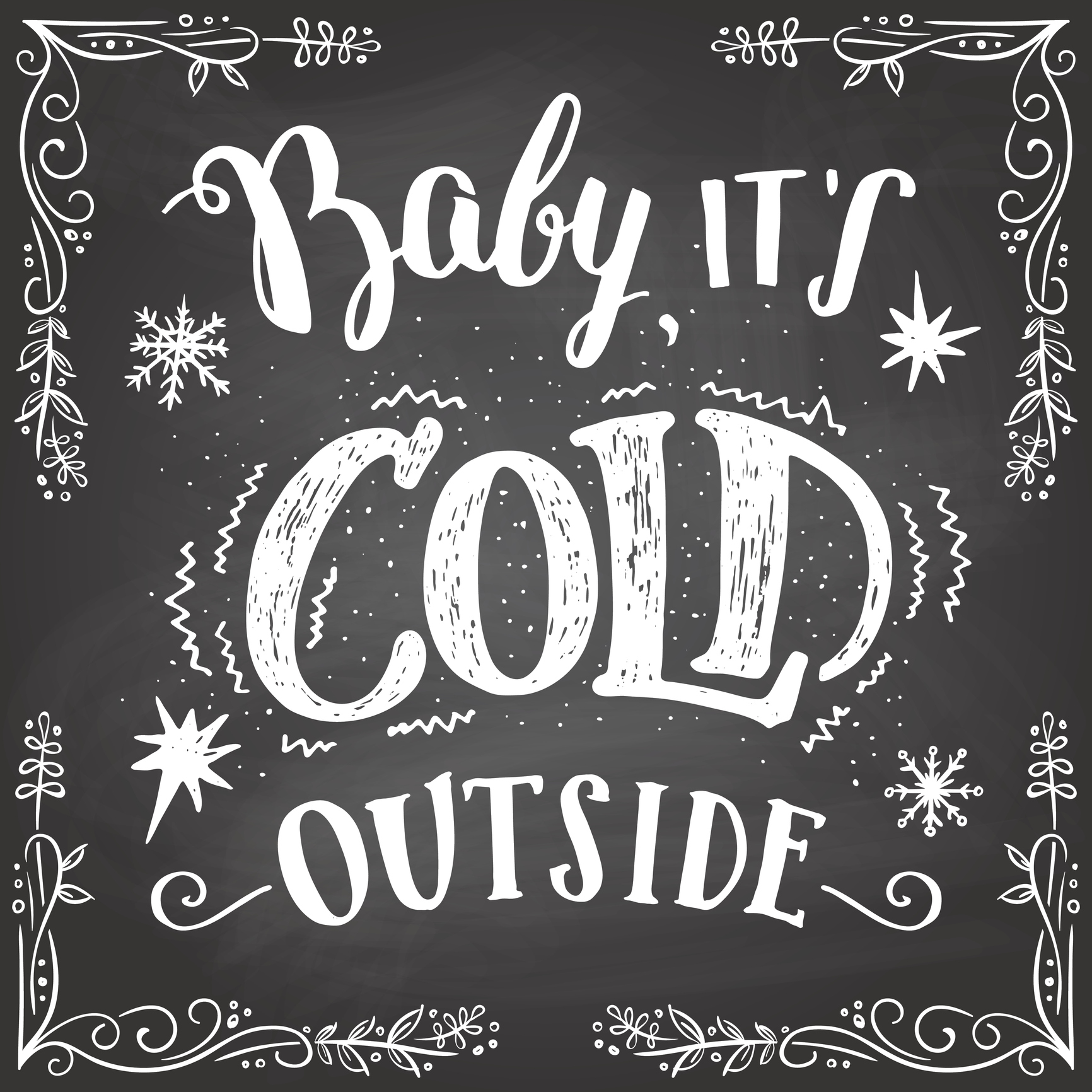As bitter cold and snowy weather conditions persists throughout much of Canada and the United States, it’s important to keep in contact with older adults who may be less able to sense cold and when they are putting themselves at risk for hypothermia. Symptoms of hypothermia can include slurred speech, confusion, dizziness, slow or irregular heartbeat and shallow breathing. If you notice any of these signs, get medical attention immediately.
Seniors over the age of 65 account for almost half of all hypothermia deaths and elderly adults in poorly heated homes or who fall trying to clear snow and ice outdoors can be vulnerable in very cold, wintery conditions. Family and friends can work together to set up a support system to check in on elderly adults during extreme weather conditions, especially if they live alone. According to the National Institutes for Health, more than 1.6 million older Americans visit the emergency room each year as a result of fall-related injuries.
Tips to Stay Warm and Safe Indoors
- Keep thermostat at 65 degrees at least
- Block any drafts with weather stripping or a door snake
- Replace furnace filters monthly
- Clean fireplace and chimney regularly
- Add extra blankets or hot water bottle to bed but never an electric blanket (controls can be difficult for seniors)
- Place a carbon monoxide detector near bedroom
- Open curtains or blinds during the day on south-facing windows to let the sun warm the room
- Close curtains at night to help retain heat
- Stock a good supply of non-perishable foods, water and any medications
- Keep extra food for pets on hand in the winter
Preventing Winter Falls Outdoors
- Hire help to clear sidewalks and driveways
- Arrange for grocery delivery during very dangerous weather conditions
- Wear supportive boots outdoors with non-skid soles
- Install handrails on stairs and walkways
- Use a cane or walker with rubber tips or an ice pick
- Wear hip protectors to help prevent injury
- Salt and sand icy steps and walkways
- Dress in layers and cover head outdoors
- Take frequent breaks shoveling snow and stay hydrated
Seniors and caregivers of elderly adults can stay aware of severe weather advisories by watching the local TV news, listening to the radio or signing up for mobile weather service alerts. To learn more about hypothermia visit the Centers for Disease Control and Prevention here.






Add Your Voice
0 Comments
Join the Discussion